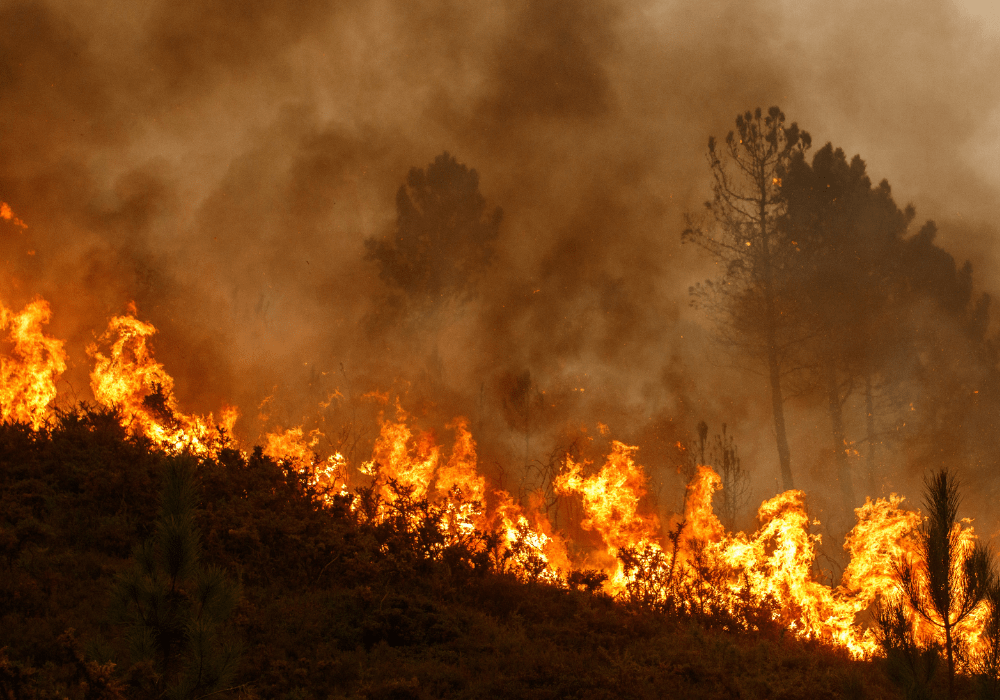
On February 2, 2024, wildfires raged through the central Chilean city of Viña del Mar, claiming at least 112 lives and leaving 372 people unaccounted for. The loss of life and destruction that resulted was second only to the devastation that ensued in the aftermath of the 2010 earthquake in the region, which took the life of 400 individuals.
The effects of climate change, including worsening droughts and an increased frequency in wildfires, are being felt across the world, and Chile is no exception. Additionally, the El Niño climate pattern––which leads to rising ocean temperatures––also causes above average temperatures and dry weather: conditions that are ideal for forest fires.
Residents believe that an inefficient evacuation plan may be to blame for much of the loss of life suffered during the fires. Evacuation instructions were delayed and did not account for the hilly geography of the city, nor the relatively large proportion of elderly residents. Lines of incinerated cars left in the city indicating a devastatingly failed evacuation attempt.
For the time being, survivors are yearning to locate their loved ones, while relevant officials are finding ways to recover the bodies of those who died in the fire. Viña del Mar is in a period of shock and mourning as individuals struggle to rebuild their lives.
By Nehal Rowhani
